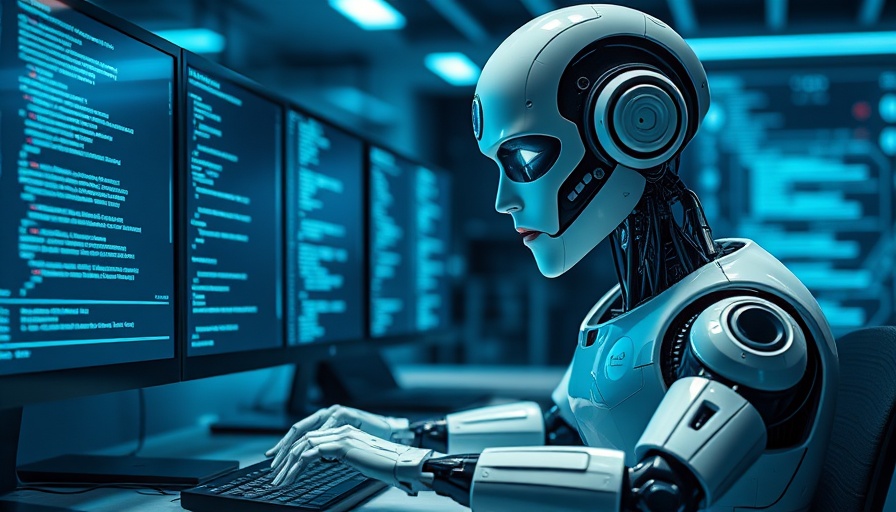
Artificial Intelligence and Its Impact on Fostered Roles
The advent of artificial intelligence (AI) is changing the workplaces we once knew, especially white-collar jobs that many consider the backbone of the middle class. By 2030, experts estimate that up to 30% of U.S. jobs may feel the brunt of these advancements, dramatically transforming or even eliminating numerous roles, particularly in data-driven environments. Let's delve into five white-collar jobs that are anticipated to experience significant disruption from AI technologies.
Data Entry Clerks: The First to Go?
Historically a staple position within many organizations, data entry is rapidly becoming obsolete due to AI’s prowess in handling vast amounts of information quickly and accurately. With technologies such as optical character recognition (OCR) and natural language processing (NLP), AI systems can now outperform humans in data accuracy and operational efficiency. By 2030, about 38% of data entry tasks might be automated, leading to fewer jobs in this field.
Telemarketers: The Rise of AI Voice Technology
Telemarketing could face an almost complete overhaul, as AI voice bots are capable of executing sales calls with remarkable proficiency. These systems perform thousands of simultaneous outreach efforts, adjusting pitches based on customer reactions and collecting data much more consistently than human employees. Significant displacement in traditional telemarketing roles is expected, although workers may shift to roles focused on managing AI platforms.
Bookkeepers: A Shift to Automated Accounting
The accounting sector, which is heavily reliant on rules and regulations, is also not safe from AI. Automated accounting platforms are emerging that can handle transaction categorization, reconciliation, and financial analysis with minimal errors. By 2030, around 20% of bookkeeping roles may be automated, particularly entry-level jobs that involve routine data processing. However, seasoned accountants will still find a place, with their work evolving to focus more on strategy and reporting.
The Future Role of AI: Opportunities Newly Created
While the displacement of numerous jobs raises concerns, it doesn't spell doom for those in the workforce. Instead, it signifies a notable evolution in the kinds of skills required. As jobs adapt, workers will need to equip themselves with skills to manage AI systems and perform tasks that require human creativity and critical thinking, leaving room for a new wave of employment opportunities rooted in AI technology itself.
Preparing for an AI Future: Steps You Can Take
As we approach 2030, understanding the evolving job market becomes essential. Workers should focus on upskilling by taking courses in technology, digital literacy, and soft skills that cannot easily be replaced by machines, such as leadership and creativity. These investments in personal development will help mitigate the impending changes brought about by AI.
In conclusion, while the action chatters on how AI is set to disrupt numerous white-collar roles, it also presents a chance to reinvent and adapt. Workers are encouraged to embrace continuous learning and be proactive about their skill development to navigate this exciting yet challenging future.
If you want to explore further about harnessing the potential of AI without fear, visit here to bypass any detection barriers with ease!
 Add Row
Add Row  Add
Add 




 Add Row
Add Row  Add
Add 

Write A Comment